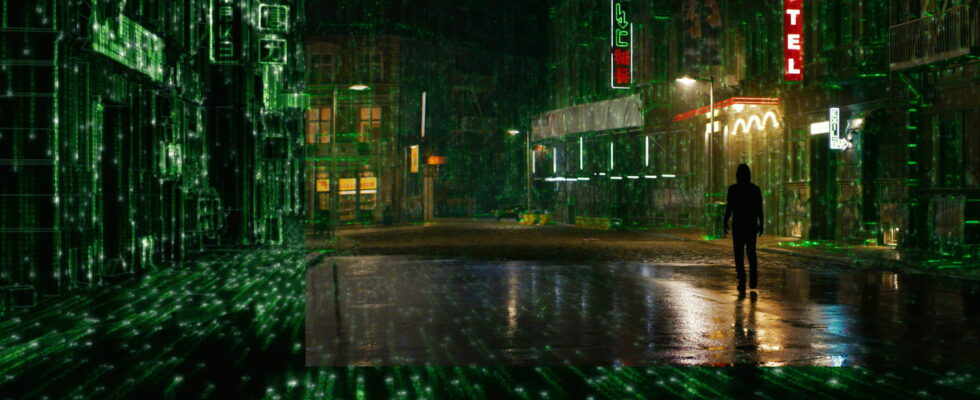What if we were just puppets in a vast simulation? In any case, this is what a physicist thinks he has proven.
From The Matrix to Elon Musk, the idea that the universe we live in is nothing more than a vast machination, a simple line of code written into a giant computer, is not new. She even begins to make a place for herself in the scientific community and this time, one of them thinks he has proof.
Melvin Vopson is a physicist at the University of Portsmouth in England who studies the possibility that the universe is a digital simulation. If this is not the first time that a scientist has questioned the question, Melvin Vopson is the first to go this far in the process. For several years, he has formulated hypotheses in favor of the existence of an artificial reality. And try to prove them.
His scientific arguments are a bit complex, but are based on the idea that the matter that accumulates in the world carries within itself “information” that is optimized. In 2019, the physicist posited in his model that information had “a finite and quantifiable mass while it stores information”. This discovery adds to the pre-existing principle indicating that information had physical mass. This formulation of “a new principle of mass-energy-information equivalence” constitutes, according to him, the foundation of the universe. With this new principle, Melvin Vopson put forward the idea that all the elementary particles of the universe stored information in the same way as human DNA with genomes.

Building on this first publication, he proposed a new law, in 2022, called “second law of information dynamics” or “infodynamics” which goes against the grain of a law already validated by the scientific community: the second law of thermodynamics. This “states that the entropy – which measures the degree of disorganization – of any system remains constant and increases over time”. According to the physicist’s research, the “second law of infodynamics requires that the entropy of information remains constant or decreases over time.” Concretely and in language accessible to all, this means, for the scientist, that there is a “compensation” mechanism which acts in such a way that this new law does not violate the second law of thermodynamics. This “dissipation mechanism” would explain why information can be considered as a new form of matter, which would play a role in the stability of the expansion of the universe.
This new law could lead to the first evidence in favor of the hypothesis of an artificial reality, according to Vopson. According to him, the universe has a digital nature due to its ability to “optimize and compress data” and this could be proven by a decrease in entropy in information systems over time.
In order to carry out further research, Melvin Vopson launched crowdfunding to the tune of £195,000 (around 230,000 euros) which was stopped before the desired sum was raised for this scientist who works in a certain marginality. He hopes to one day be able to carry out experiments tending to prove his hypotheses, which will perhaps allow him to put his finger on what seems to be the imagination of a mad scientist… or that of the Wachowski sisters, the directors of movie Matrix.
